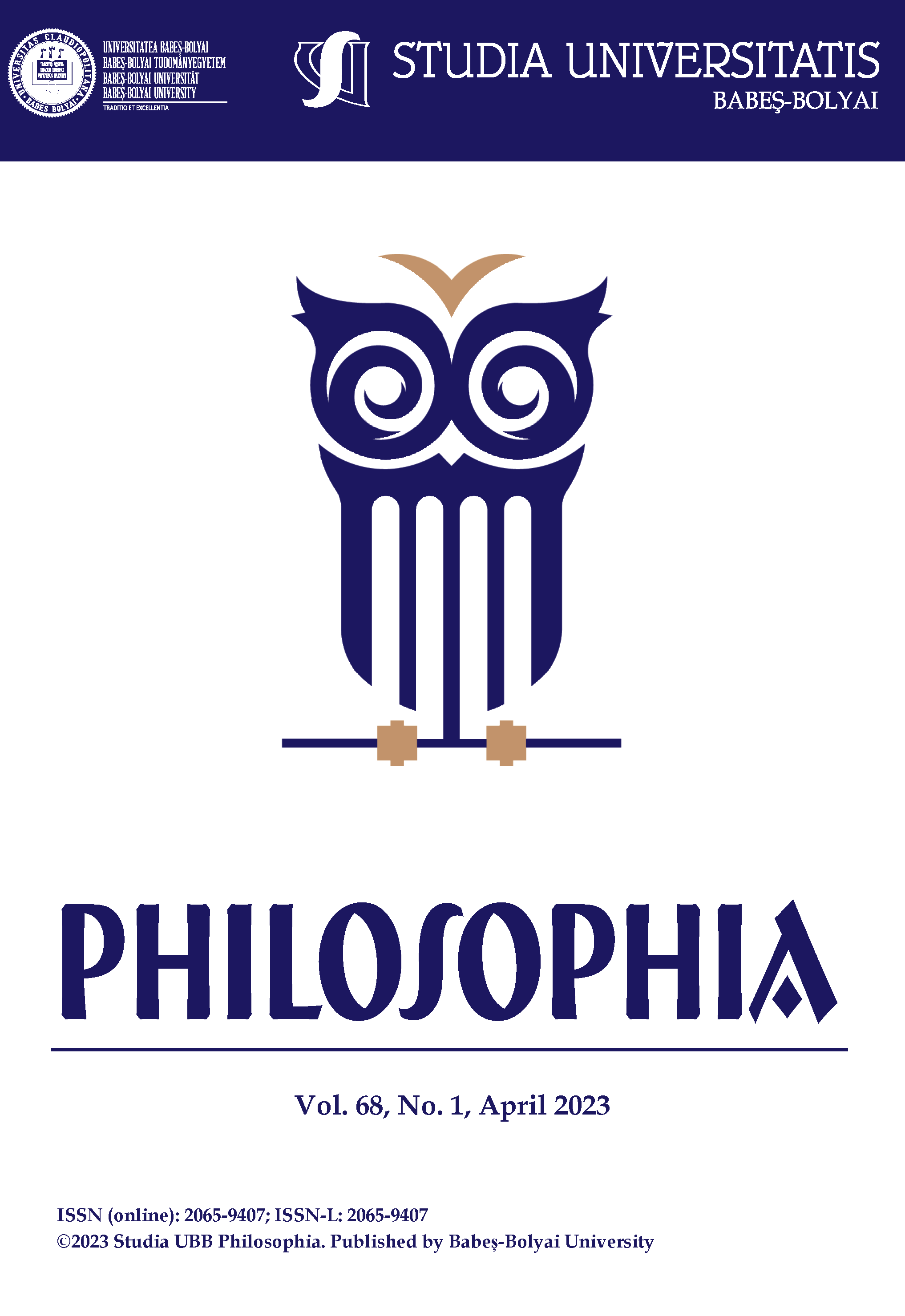DAVIDSON ON TRUTH
DOI:
https://doi.org/10.24193/subbphil.2023.1.01Keywords:
Donald Davidson, meaning, truth, Truth-Conditional Semantics.Abstract
Truth-conditional semantics is by far the best-known philosophical contribution of Donald Davidson. The main idea of this approach is to explain the concept of meaning by appeal to the concept of truth. Accordingly, we understand a sentence s of a natural language L, if and only if, we know its truth-conditions. Challenging in its nature, this proposal immediately caught the attention of the philosophical community, being equally appreciated and criticized. The aim of this paper is to argue that Davidson’s approach is too optimistic in its goals. In my view, truth-conditional semantics is unlikely to be the best way to shed light on the concept of meaning. By appealing to Tarski’s semantic conception of truth and assuming a primitive concept of truth, this perspective leaves too many questions unanswered and thus proves its limits.References
Austin, J. L. – (1962) How to do things with Words, Clarendon Press, Oxford.
Carnap, R. – (1999) “Empiricism, Semantics and Ontology” in Boyd, R.; Gasper, P.; Trout, J. D. (Eds) – The Philosophy of Science, The MIT Press, Cambridge, pp. 85-97.
Davidson, D. – (1991) Inquiries into Truth and Interpretation, Clarendon Press, Oxford.
Davidson, D. – (2001) Subjective, Intersubjective, Objective, Clarendon Press, Oxford.
Davidson, D. – (2004) Problems of Rationality, Clarendon Press, Oxford.
Davidson, D. – (2005a) Truth, Language and History, Clarendon Press, Oxford.
Davidson, D. – (2005b) Truth and Predication, Harvard University Press, Massachusetts.
Dumitru, M. – (2004) “Oferă orice teorie a adevărului o teorie a înțelesului? O evaluare critică a programului lui D. Davidson” în Joja, C.; Candiescu, C. (Coord.) – Probleme de logică, Vol. 11, Editura Academiei Române, pp. 140-153.
Dummett, M. – (1975) “What is a Theory of Meaning?” in Guttenplan, S. (Ed.) – Mind and Language, Clarendon Press, Oxford, pp. 97-138.
Dummett, M. – (1976) “What is a Theory of Meaning? (II)” in Evans, G.; McDowell, J. (Eds) – Essays in semantics, Clarendon Press, Oxford, pp. 67-137.
Eldridge-Smith, P.; Eldridge-Smith, V. – (2010) “The Pinocchio paradox” in Analysis, Vol. 70, No. 2, pp. 212-215.
Frege, G. – (1960) The Foundations of Arithmetic, Harper Torchbooks, New York.
Kripke, S. – (1975) “Outline of a Theory of Truth” in The Journal of Philosophy, Vol. 72, No. 19, Seventy-Second Annual Meeting American Philosophical Association, Eastern Division, (Nov. 6, 1975), pp. 690-716.
Quine, W. Van O. (1961) – From a Logical Point of View, Harper Torchbooks, New York.
Prawitz, D. – (1987) “Some Remarks on Verificationistic Theories of Meaning” in Synthese, Vol. 73, No. 3, pp. 471-477.
Russell, B. – (1905) “On Denoting” in Mind, New Series, Vol. 14, No. 56, pp. 479-493.
Tarski, A. – (1944) “The Semantic Conception of Truth: and the Foundations of Semantics” in Philosophy and Phenomenological Research, Volume 4, Issue 3, pp. 341-376.
Tsohatzidis, S.– (2018) “Performativity and the True/False Fetish” in Tsohatzidis, S. (Ed.) – Interpreting J. L. Austin, Cambridge University Press, pp. 96-118.
Wittgenstein, L. – (1958) Philosophical Investigations, translated by G. E. M. Anscombe, Basil Blackwell, Oxford.
Downloads
Published
How to Cite
Issue
Section
License
Copyright (c) 2023 Studia Universitatis Babeș-Bolyai Philosophia

This work is licensed under a Creative Commons Attribution-NonCommercial-NoDerivatives 4.0 International License.





